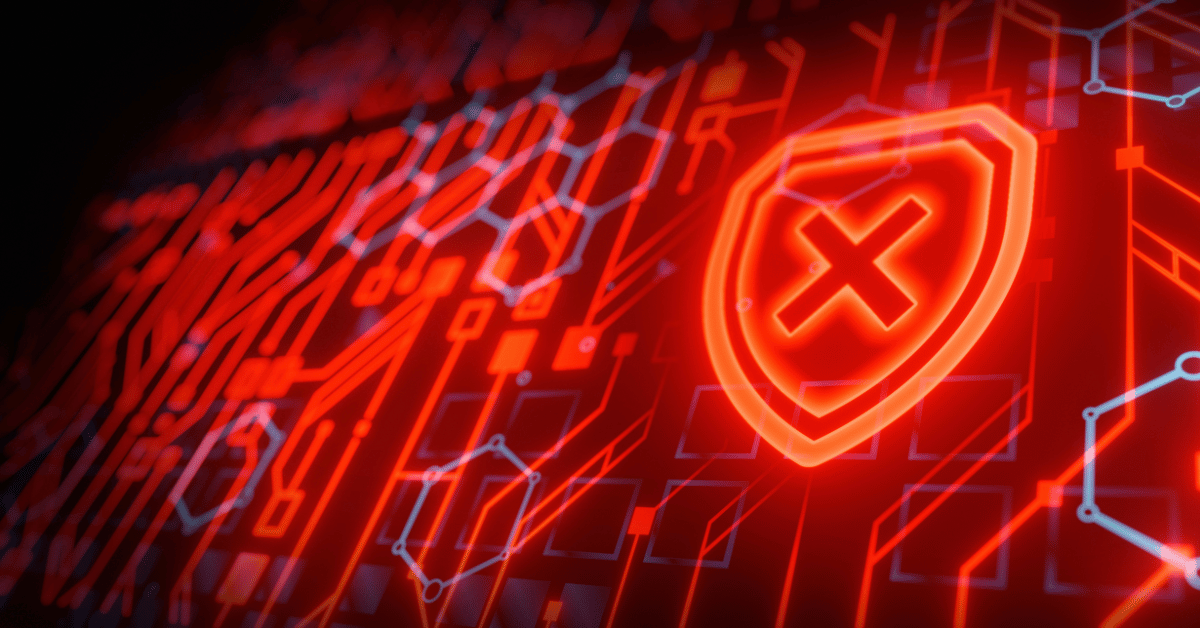As businesses and organizations navigate the intricate web of cyber threats, the need for visionary leaders in the realm of digital defense has never been more pressing. Drawing inspiration from the titans of cybersecurity and industry experts, we present the essential traits that define successful cybersecurity leaders.
1. Visionary Insight
In the ever-evolving world of cybersecurity, foresight is key. Successful leaders possess the ability to anticipate potential threats and trends, staying one step ahead in the relentless game of digital chess. Their visionary insight allows them to develop proactive strategies that safeguard against emerging risks, ensuring their organizations are well-prepared for the challenges that lie ahead.
2. Adaptive Resilience
The cyber landscape is a dynamic battleground, with adversaries constantly adapting and evolving. Effective cybersecurity leaders embody resilience, demonstrating the capacity to bounce back from setbacks and learn from each encounter. By fostering a culture of adaptability within their teams, they ensure that the response to cyber threats is as flexible as the threats themselves.
3. Strategic Thinking
Cybersecurity is not just about reacting to threats but also about strategically positioning defenses. Successful leaders possess a strategic mindset, capable of aligning cybersecurity initiatives with overall business objectives. They understand the delicate balance between security and functionality, ensuring that protective measures seamlessly integrate into the fabric of the organization.
4. Effective Communication
In the complex world of cybersecurity, clear communication is the linchpin that holds everything together. Leaders who can articulate the significance of cybersecurity to both technical and non-technical stakeholders build a bridge between the IT department and the boardroom. This skill is invaluable in garnering support, resources, and understanding from all corners of the organization.
5. Collaborative Leadership
The battle against cyber threats requires a united front. Successful cybersecurity leaders foster collaboration among diverse teams, breaking down silos and encouraging cross-functional cooperation. By creating an environment where information flows seamlessly, they maximize the collective intelligence of their teams and enhance the organization’s overall cyber resilience.
6. Continuous Learning
In a field where the only constant is change, successful cybersecurity leaders are lifelong learners. They stay abreast of the latest technological advancements, threat vectors, and mitigation strategies. By encouraging a culture of continuous learning within their teams, these leaders ensure that their organizations remain at the forefront of cybersecurity innovation.
7. Ethical Decision-Making
The digital battleground is fraught with ethical dilemmas, and cybersecurity leaders must navigate these murky waters with integrity. Upholding ethical standards in decision-making ensures that the pursuit of security does not compromise the organization’s values or legal standing. Leaders who prioritize ethics build trust, both within their teams and among stakeholders.
8. Global Awareness
Cyber threats transcend borders, and successful leaders recognize the global nature of cybersecurity challenges. They stay informed about international cyber trends, collaborate with global counterparts, and understand the geopolitical implications of digital warfare. This global awareness enables them to develop strategies that are not only effective locally but also resonate on the world stage.
9. Crisis Management Skills
In the wake of a cyber incident, the ability to navigate chaos and implement effective crisis management is crucial. Successful cybersecurity leaders remain composed under pressure, swiftly mobilizing their teams to contain, eradicate, and recover from cyber threats. Their decisive actions during a crisis are often the difference between a minor disruption and a catastrophic breach.
10. Empathy and Inclusivity
Last but certainly not least, successful cybersecurity leaders understand the human element of cybersecurity. They cultivate empathy for end-users, recognizing that security measures should not hinder productivity or user experience. Additionally, they champion diversity and inclusion within their teams, understanding that a diverse set of perspectives enhances problem-solving and fortifies the organization against a wide array of threats.
Cybersecurity leaders serve as the guardians of our most precious assets. By embodying these ten essential traits, they not only secure the present but also pave the way for a more resilient and secure digital future. As we navigate the complexities of the cyber frontier, these leaders stand as beacons of innovation, fortitude, and unwavering commitment to the protection of our digital realm.
Try Portnox Cloud for Free Today
Gain access to all of Portnox's powerful zero trust access control free capabilities for 30 days!









